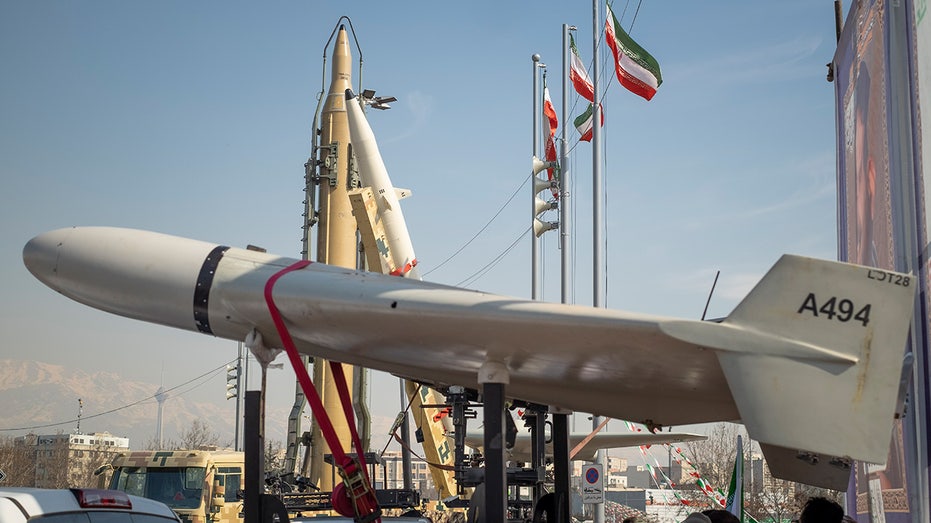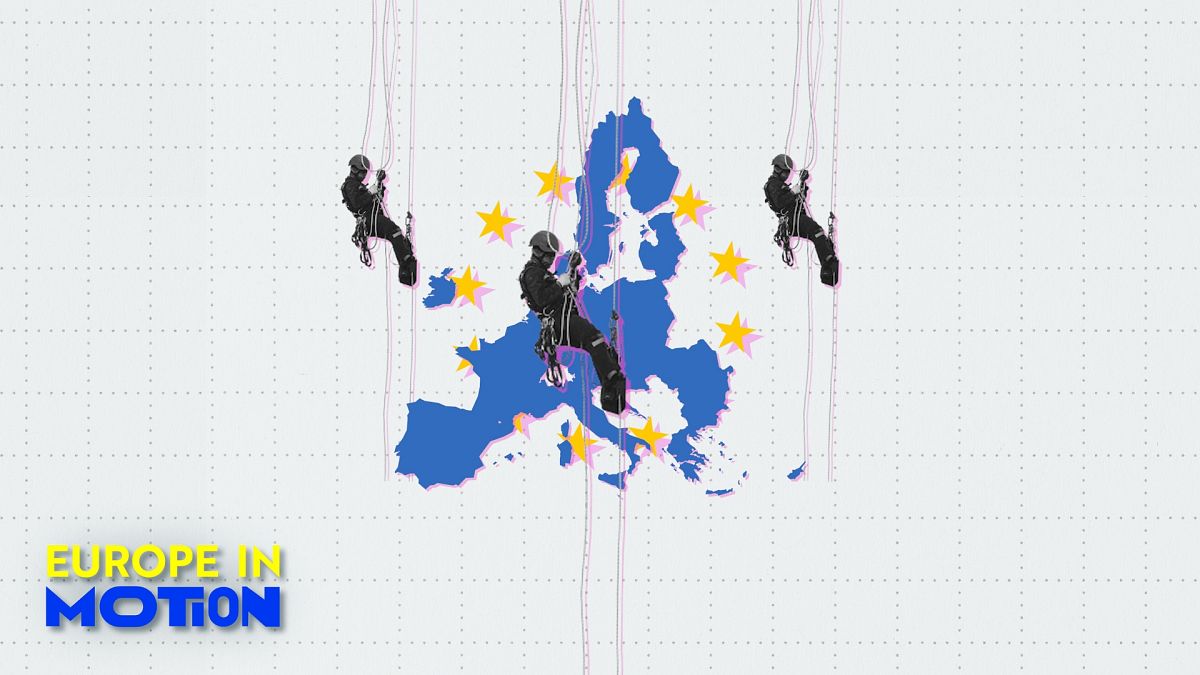Iran looks to AI to weather Western sanctions, help military to fight 'on the cheap'
Iran is looking to AI to beef up its military and bolster its economy in the face of import blockades and Western sanctions on the Islamic republic.

Tehran, Iran, has made it no secret that it plans to invest heavily in artificial intelligence (AI) to help better its military capabilities, but Iranian President Ebrahim Raisi is now turning to Iran’s private sector in a move he thinks will boost his crippling economy.
On Sunday, Raisi met with private sector companies to announce Tehran’s intent to invest in digital businesses.
Raisi claimed the move would not only help develop Iran’s AI capabilities, but help achieve his goal to grow the economy by 8%, reported pro-government media outlet Tasnim News Agency.
However, experts remain skeptical about whether the move will actually fix Iran’s economic woes and said they are more concerned by the abilities AI would grant Tehran when it comes to the battlefield.
Iran made headlines during the early months of Russia’s invasion of Ukraine when the White House accused it of "gifting" Moscow drones, and these deadly aerial weapons have continued to plague other areas like Yemen, Iraq and Syria where Iran-backed militia reside.
"Iran doesn't have endless access to certain technologies, even things like drone engines, because of sanctions. It's not always easy for them to build everything locally," Seth Frantzman, author of "Drone Wars: Pioneers, Killing Machine, Artificial Intelligence and the Battle for the Future" and adjunct fellow at The Foundation for Defense of Democracies (FDD), told Fox News Digital from Jerusalem.
"But when it comes to AI, they do have access to computers. That's the kind of technology they can invest in because it's something that doesn't require you, necessarily, to import really complicated rocket engines. You can do it locally if you have a high-tech ecosystem," Frantzman added, noting Iran’s ability to leverage its access AI technologies.
Iran’s move to bolster its military capabilities without relying on physical product imports not only increases Tehran’s security standing in the international sector, but would further enable it to affordably back foreign actors, armed militia and designated terrorist organizations that are active security threats to the U.S. and its Western allies.
"They're looking to expand public/private partnerships to create platforms that would be more directly applicable or usable for the regime," Iran expert and senior fellow with the FDD, Behnam Ben Taleblu, told Fox News Digital.
US MILITARY SHOOTS DOWN HOUTHI DRONE OVER THE RED SEA
Ben Taleblu said that while Tehran will also likely expand how it uses AI as a tool for digital repression, his chief concern is "how Iran will continue fighting on the cheap using AI."
The Iran expert explained that Iran’s intent to integrate AI militarily with cruise missiles and drones, coupled with hacking campaigns and deepfakes to spread misinformation, gives some insight into the "mosaic of capabilities" that Tehran will attempt to employ against the international community.
"Just as you see Iran as an asymmetric powerhouse in the Middle East today, if they layer on that AI component, they will likely continue punching above their weight," Ben Taleblu warned.
However, apart from the military threat that Iranian investment in AI poses, there are also geopolitical consequences, explained Frantzman.
"Investing in technology to increase [its] marketplaces…seems to be a natural place that Iran would want to place its investments, because it can help Iran get around sanctions," he said. "It can also help knit the Iranian economy into the Chinese economy, Russia and all those countries that Iran is basically trying boost ties with."
Both experts cautioned that Tehran, which already stands as a chief security concern to the U.S. in the Middle East, will only be able to expand the threat it poses to the West through the use of AI.
"It would behoove us to take Iranian statements about an interest in AI seriously, given the immediate and quite clear military ramifications," Ben Taleblu warned.
What's Your Reaction?
















